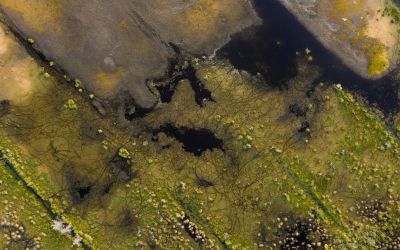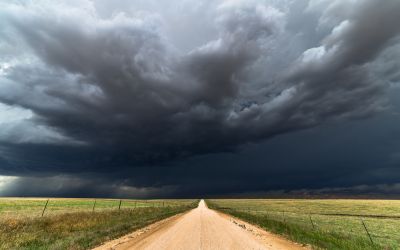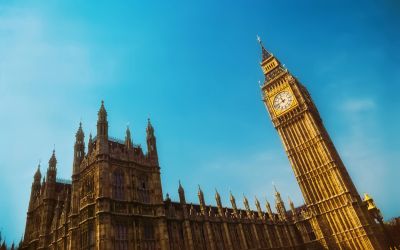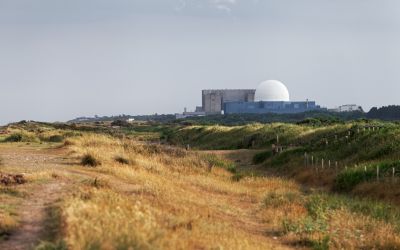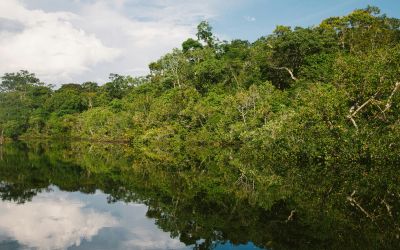UK Government back deep water drilling off British shores
MPs in the UK Government have dismissed calls for a moratorium on drilling for oil off the coast of the Shetland Islands.

MPs in the UK Government have dismissed calls for a moratorium on drilling for oil off the coast of the Shetland Islands.
Following the disaster of the Mexican gulf oil spill, the Energy and Climate Change Committee was asked to look into the risks of drilling in deep waters off the coast of Great Britain.
Oil companies have openly admitted that the current plans to drill for oil in deep waters could cause a disaster worse than the Deepwater Horizon spill. The environmental consequences could be worse as oil disperses more slowly in cold water, and dispersants would be less effective.
Tim Yeo, Chairman of the Energy and Climate Change Committee said that both the energy and national security of the UK depends on newly discovered oil fields.
He carried on to say that safety procedures could be tightened even more, but he believes that the industry is already safe and the regulatory system robust.
Yeo said: "Although we heard evidence it is not always done right – and I am sure it is not always done right. Nevertheless, I think the concerns are nothing like big enough to justify stopping the process."
Around four million barrels, which equates to a quarter of the UK's currently discovered oil and gas reserves, lies off the coast of West Shetland. It is being called the new frontier, and some companies have already begun drilling, while others are hoping to open up hundreds of new wells for the future.
Ben Ayliffe from Greenpeace pointed out that oil companies should wait to start new drilling until after independent studies into the cause of the Mexican gulf oil spill have been concluded.
He also highlighted recent figures by the Health and Safety Executive that show an increase in serious accidents and oil split from rigs off the coast of the UK. Serious accidents almost doubled from 106 per 100,000 in 2008/09 to 192 last year, while spills of hydrocarbons were up from 61 to 85.
Ayliffe said: "They are pressing ahead regardless of the holes in their own regulatory system. It is like they have learned nothing from the Deep Water Horizon spill."
Greenpeace are going through the High Courts to try and block any more deep water drilling, claiming that the drilling threatens environmental sites protected under EU law.
If Greenpeace succeed it will halt 20 oil production licences, and could jeopardise future licensing rounds.
There are also several rare species in danger, including species of whale, dolphin, sea birds and seals. If an oil spill happened it would be even more dangerous due to the high number of storms in the area and rough seas.
The Marine Conservation Society is trying to pass a moratorium on drilling in the area because of the risk to wildlife and fisheries, which has been dismissed by the UK government.
The culprits of 2010's oil spill, BP, also admitted to the risks of drilling in the North Sea. In a statement they said: "It is impossible to eliminate risk from any aspect of North Sea operations, whether in shallow or deep water. But the lessons to be learnt from the tragic accident of the Gulf of Mexico will enable the industry to reduce greatly these risks, and the help prevent a similar occurrence happening elsewhere."
Chris Huhne, the British Energy and Climate Change Secretary, has insisted that the measures governing the oil and gas industry in the UK are "fit for purpose".
If an oil spill does occur, it will come as a great embarrassment to the British government, especially after much warning against a potentially dangerous and deadly accident.
Author: Charity Knight | Climate Action
Image: Tuftronic10000 | flickr

